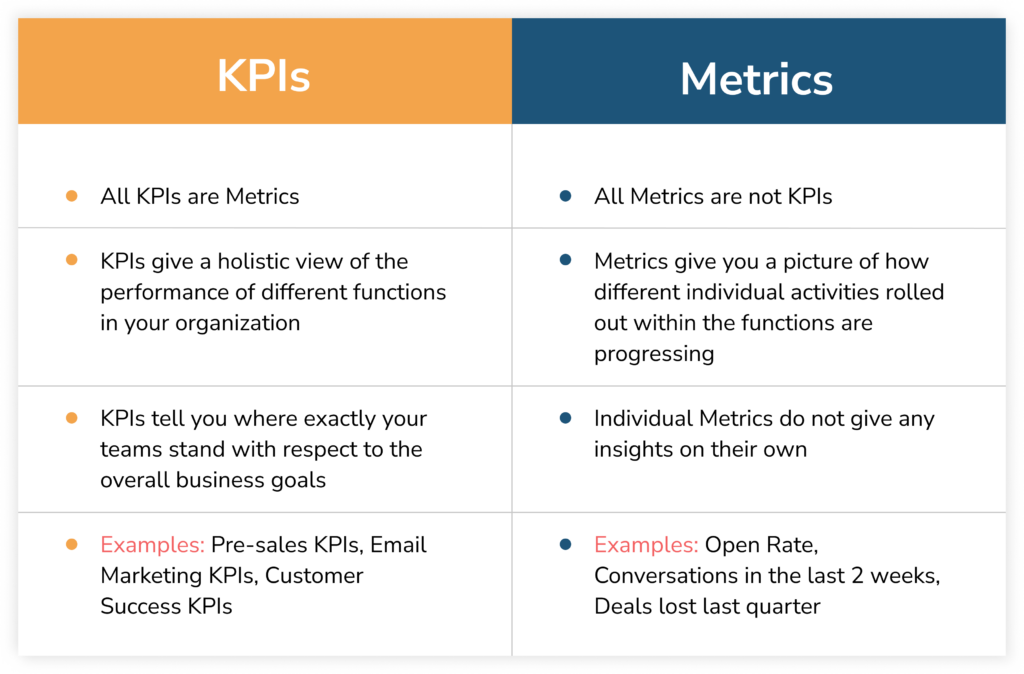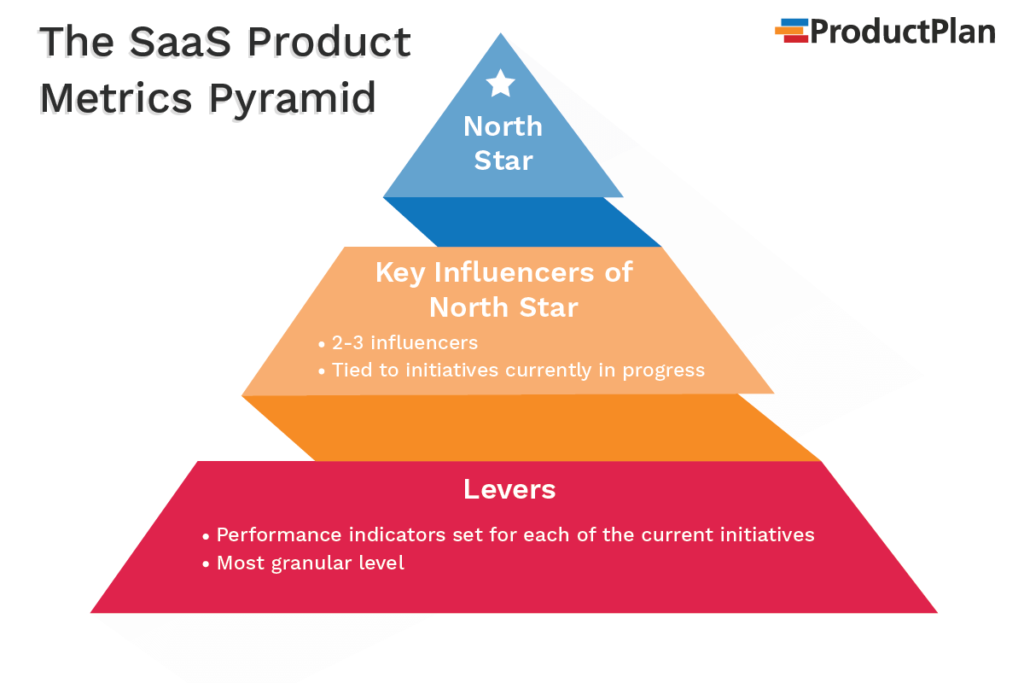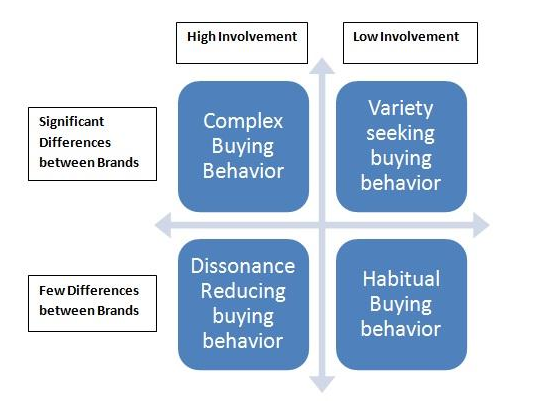Itching to learn the answers to the top data science product manager interview question?
During an interview for a data science product manager position, you have to face several tough questions. Any company worth your skills wants to make sure you are worth their time and money.
Although all job interviews are nerve-wracking, they don’t have to be. Like with an exam, prepping ahead of time helps you stay calm and collected throughout the interview process.
Read on for a breakdown of some common data science product management interview questions and example answers. Each example shows you what to say and how to think when the questions are posed.
Metric Data Science Product Manager Interview Questions
Interviewers often ask candidates about metric-related scenarios.
Metric-related scenarios involve a hypothetical product or feature that you’ve contributed to or had some responsibility for. Most often, the questions pose a scenario where a certain metric has decreased.

Credits: Dataflo
You, the interviewee, then need to come up with an explanation for the metric decrease that satisfies the interviewer.
Doing so requires a strong understanding of the principles of product management. Sharpen those skills by taking one of PMHQ’s Product Management Courses.

Q1: How do you investigate reductions in products or subscriptions sold?
In this scenario, the interviewer wants the candidate to demonstrate expertise in analyzing sales metrics and KPIs. They want to know that a new data science product manager understands how to:
- Analyze price points against similar companies
- Re-examine core customer experience differences between various products
- Investigate developing or evolving customer needs and desires to ensure that product solutions align with those desires
They also want the candidate to demonstrate a deep understanding of important product-related success metrics.

Credits: ProductPlan
These include a product’s conversion rate as well as possible revenue and profits generated from the product.
Interviewers also want candidates to show how they determine the root causes of profit reductions. Once you provide the right answer, candidates show that they solve “bleeding cash” problems.
Candidates must answer this question in detail by showcasing their ability to analyze KPIs.
Candidates stand out when they provide specific examples of what metrics they look at and how those metrics relate to profit losses.
Q2: How do you investigate fewer users/buyers of a product?
The interviewer wants the candidate to dive deeper and demonstrate an understanding of customer behavior patterns and how they relate to products.
The goal here for candidates is two-fold:
- Show that you know how to investigate the reasons why people stop purchasing or using products or services.
- Demonstrate various information-gathering techniques. These include starting surveys and checking industry-wide trends to figure out whether this is industry-specific or something happening only in your specific company.
Provide specific examples or hypothetical scenarios that show that you have a deep understanding of customer consumption patterns. Explain why customers drop products they no longer use.

Credits: Clootrack
Emphasize possible reasons such as:
- Products no longer solve customer pain points
- Prices are too high
- Competitors offer superior products
- Brand identity does not connect with the target audience
Q3: How do you investigate increased profits or users for a product?
This question analyzes a candidate’s ability to discover the reasons for profit improvements rather than reductions. Data science product managers answer by:
- Examining and analyzing market factors, including competitors or industry-wide trends
- Breaking down full analyses of consumer behavior patterns
- Showing why specific products answer pain points better than others
- Highlighting the most important parts of company products (i.e. unique selling propositions or USPs)
Candidates must answer this question by demonstrating that they know how to dive deep into important key performance indicators for specific products. In doing so, you need to show that you understand what makes products sell.
Impact Measurement Data Science Product Manager Interview Questions
Many interview questions revolve around product impact. The interviewers who ask these questions want to know how you measure the impact of products on the target audience and the revenue of the company.
Most companies look for a few major factors in the answers you provide, including:
- A sense that you understand the internal and/or external factors that impact a product’s success
- A definition and explanation of how different metrics are relevant to the question’s solution
- A belief that you know how to design an experiment or test to measure impact for features or whole products based on defined metrics
Q1: How do you determine the success of a new product/service?
Interviewers ask this question to see if a candidate knows how to assess product impact among a company’s target audience. Assessing product impact is important so that data science product managers know which product features to focus their development efforts on throughout the iteration process.
Suitable candidates answer by centering their responses around two things:
- Defining key metrics used to measure success.
- Creating and detailing a plan to measure the above metrics
Position candidates demonstrate advanced suitability for a position by exploring examples of the interviewing company’s own products. Doing research ahead of time is a wise idea. This takes the shape of knowing basic information such as the products an interviewing company offers and who comprises the target audience.
Q2: How do you measure a product’s success within a specific target market?
This question narrows the data science product manager candidate’s analytical focus to a product’s performance within target markets or demographics.
Top candidates prove their worth in developing and launching successful data science products by showing their measurement skills. By demonstrating measurement skills, they indicate that they know how to predict what consumers appreciate or desire in future products.
Be sure to do the following when answering this question:
- Mention a variety of analytics strategies, such as offering surveys, examining month-over-month or year-over-year profits or revenue for a specific product
2. Examine how a specific product performs relative to competing products within the same company or against similar products found at other organizations
Q3. How do you know whether a specific product is engaging as intended?
This question also relies on important measurement and analytics skills. This question is multifaceted since candidates must demonstrate knowledge of the following:
- Consumer pain points for the industry at hand.
- Variables that constitute “success” for a product, such as clicks, hours spent on a software product, and the number of purchases, among others.
Candidates must provide multiple metrics to measure success. Case studies or past successes from previous positions are references that you must bring up when answering this question.
The most impressive candidates explain prior products they launched. In doing so, speak about the importance of ensuring that the target audience uses a product as a company predicts.
Product Design Data Science Product Manager Interview Questions
Interviewers for data science product manager positions often ask questions about product design. Designing a successful product and ensuring that it addresses consumer pain points is a major part of these jobs. Interviewers look for candidates who show the following:
- An understanding of the company’s products and target market.
- A general sense of what it takes to develop a product from start to finish.
- An ability to define and explain relevant metrics to the product’s solution.
- A keen sense of how to measure product impact by crosschecking KPIs and key performance indicators
As a candidate, you must provide precise responses that capture the kind of answers that interviewers want. Be sure to show off your knowledge of the company’s products and target audience to impress the interviewer.
Q1: How do you determine the design principles for a new product to ensure it hits the target market?
The best data science product designs begin with a plan. Interviewers ask candidates this question to ensure they:
- Know how to design new products for the target audience
- Know how to come up with new product ideas to ensure continual growth
- Understand how to design a new product that functions and that does not drain company resources
The best way to answer this question is to provide the following:
- A detailed plan for designing products for the company at hand. Those candidates who research the company and what it offers are at an advantage because they provide specific examples of hypothetical products or improvements
- An analysis of certain metrics or factors that help candidates identify important target audience pain points/problems to be solved
- An outline of universal design principles seen among all data science products. These include usability and evolvability, among others.
Q2: How do you improve a product at your current company?
This question requires candidates to draw on current or past experience. Data science product managers must answer by explaining a situation in which they saw something improvable at their current organization.
Be sure to do the following:
- Provide an example of a product that needs some work in terms of customer retention, marketing, or functionality.
- Explain how you improve that product. Connect the improvements to the design principles mentioned in the above interview question.
- Break down why your improvements are feasible for the company.
- Explain how the improvements yield concrete, measurable results for the company.
Q3. How do you improve the buying process for products designed by you or your team?
Interviewers want to know that candidates understand the buying process for data science or IT products. After all, consumers do not buy products in a vacuum. In many cases, the purchasing funnel affects whether a person buys a product or not, oftentimes just as much as marketing or a product’s features.
Candidates must answer by demonstrating:
- An understanding of the purchase funnel and how all of them contribute to optimizing conversion.
- A clear sense of where consumers drop out of the funnel.
When responding, be sure to explain how they streamline the purchase funnel process by speaking to the importance of removing roadblocks.
What’s more, be sure to demonstrate practical ways to improve the shopping experience. These include:
- Lowering page load time
- Redesigning a shopping cart page
- Eliminating excessive elements
General Data Science Product Manager Interview Questions
Apart from technical questions related to data science product management, interviewers ask candidates general questions as part of their vetting process. These general questions are used to gauge your personality and how well you fit with the other people already at the company.
Q1: Why do you want to work for our company?
All companies love to know why candidates want to work at their organizations. Interviewers ask this to figure out whether a candidate is right for the company culture. Either that, or whether the candidate only wants short-term financial gain. Many companies want employees who demonstrate corporate loyalty or who are willing to stick with a company through thick and thin.
Never answer by saying you are only after the position for money. Companies hate hearing that candidates are only in the business for cash. Instead, explain that you share the company’s brand and values. Showcase a personal story of your first interaction with the brand or the first time you used their products/services.
Specific examples are ideal and help cement a bond between you and the interviewer. If you have never used a product from the brand before, offer examples of how you know the brand has improved the lives of others. Draw from its press releases or corporate initiatives.
Also, say how you believe the company helps you develop on a personal and professional level.
Q2: Are you a self-starter? Do you require supervision to complete work?
Companies want to determine whether candidates do their work and set their own goals. In the case of data science product managers, you must develop your own benchmarks for progress or oversee small teams.
Answer this question by:
Showing that you are a self-starter. Draw from your personal history and successes to prove this point. Offer specific examples, such as when you studied for a test late into the night or when you created a new product plan for a previous company from scratch.
Demonstrate that you don’t require a lot of supervision. Again, rely on past examples to inspire confidence in the interviewer.
Q3: What are your skills as a leader?
Data science product managers must have some leadership skills. Your managerial position demands that you direct others in a company. When an interviewer asks you this question, be sure to:
- Give examples of past leadership situations. Tell them about times when you had to discipline an employee or when you had to hire a new employee. Also mention when you led a team to launch a new product.
- Explain what leadership means to you. Almost everyone says they are a leader. Prove that you know what it means to lead teams to success by breaking down the fundamental pillars of leadership. Make mention of the importance of clear communication, dedication to a workplace and its people, and holding yourself accountable.
Data Science Product Manager Interview Questions Takeaways
In the end, it’s impossible to predict all the upcoming questions. Stay calm and give your best answers.
Our sample of questions helps you start off on the right foot.
Study these responses to feel more confident when you have your big data science product manager interview day.